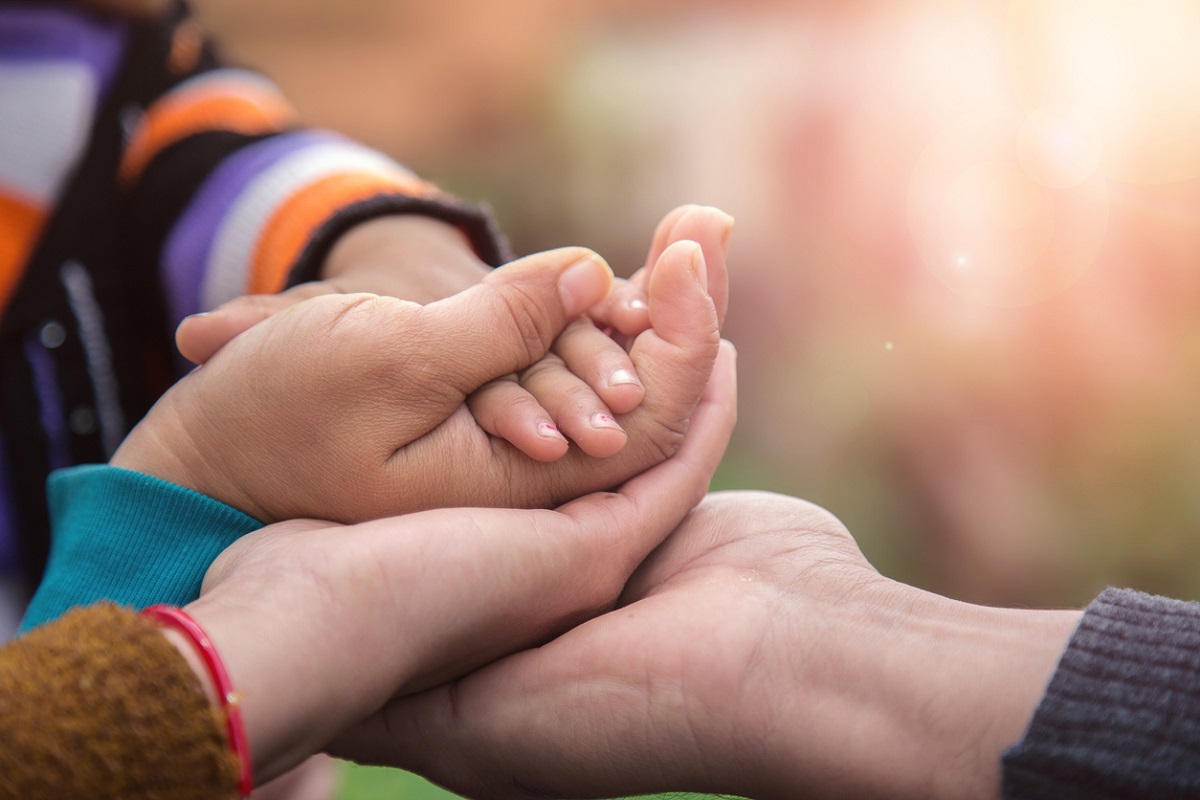Yue Yan is glad to have two daughters but sees why, even with the ruling Communist Party urging them to have more children, fewer Chinese women give birth at all.
Yue, 35, spends days looking after her 2-year-old and evenings helping her 10-year-old with homework. Yue quit a restaurant job to do that, so the family lives on her husband’s salary, which many can’t afford to do.
Advertisement
If a young couple is busy working and their parents can’t help take care of the children, they will not want kids, Yue said. The pressure is just so heavy.
The ruling party is easing official limits on the number of children each couple can have, hoping to counter the rapid aging of Chinese society. But the number of births is falling. Couples are put off by costs, disruptions to jobs and the need to look after elderly parents.
On Monday, the ruling party announced it would ease birth restrictions to let all couples have three children instead of two. But its track record suggests rule changes on their own do little to change long-term trends.
Rules in force since 1980 that limited most couples to one birth were changed in 2015 to allow two. After a brief uptick the next year, however, the number who had even one child fell, while the share of the population over age 65 is rising.
China’s population of 1.4 billion already was expected to peak later this decade and start to decline. Census data released May 11 suggest that is happening faster than forecast, adding to pressure to prepare for slower economic growth and do more to help the elderly.
The rise in average age could disrupt official ambitions to turn China into a technology leader and prosperous consumer-driven economy.
The aging of the Chinese population grows faster than we expected, said Yi Fuxian, a senior scientist in obstetrics and gynecology at the University of Wisconsin in Madison.
This will result in a drop in the economic growth rate, Yi said.
The 12 million births reported last year were down nearly one-fifth from 2019. About 40% were second children, down from 50% in 2017, according to Ning Jizhe, a statistics official who announced the figures on May 11.
The share of working-age people under 60 in China’s population of 1.4 billion fell to 63.3% last year from 70.1% a decade earlier, according to census data. The group aged 65 and older grew to 13.5% from 8.9%.
China and other Asian economies such as Thailand face the challenge of whether they can grow rich before they grow old.
Chinese researchers and the labor ministry say the share of working-age people might fall to half the population by 2050. That increases the dependency ratio, or number of retirees who rely on each worker to generate income for pension funds and pay taxes for health and other public services.
A growing number of retirees, even with children, live alone because sons and daughters have left home for work.
In Dingxing County, southwest of Beijing, Kang Yuxia serves a free vegetarian lunch every day to more than 50 people. Most are empty nesters over 60 whose children left their region of drab, low-rise buildings surrounded by farmland to work in the Chinese capital 100 kilometers (60 miles) away.
The sons and daughters of the elderly have to find work elsewhere, said Kang. They look for the warmth from a bowl of rice. They also want to feel cared for.
Kang’s canteen, the Harmonious and Happy Home, is one of more than 80 operated by a charity for older people who live alone.
What I’m giving them is what I will need in thirty years,” she said.
The government is debating whether to keep more people in the workforce by raising the official retirement age of 60 for men, 55 for white-collar female workers and 50 for blue-collar female workers.
Ruling party leaders meeting Monday agreed to raise the retirement age, the official Xinhua News Agency reported, without giving details.
The change is politically fraught. Female professionals welcome a chance to stay in satisfying careers, but others whose bodies are worn out from decades of manual labor resent being required to work longer.
The fertility rate, or the average number of births per mother, stood at 1.3 in 2020, well below the 2.1 that would maintain the size of the population.
A population decline might ease strains on resources, but this is not sustainable, said Song Jian, a professor at the Center for Population and Development at Renmin University in Beijing.
China needs to boost the willingness to have children, Song said. We need to make people feel that having children or forming a family is attractive.”
Couples who want children face daunting challenges. Apartments are small and often shared with parents. Childcare is expensive and maternity leave short.
A lawyer in Beijing who would give only his surname, Zhang, said he and his wife plan to have only one child due to the cost of education and the need to look after their elderly parents.
The government should relieve the burden on young parents’ shoulders, Zhang said. If the young couple must look after the children and the elderly, no one can handle it. Still, Yue says having children is worth it.
Yes, sometimes I am tired, she said, but I also feel more happiness.
(With input from agencies)











